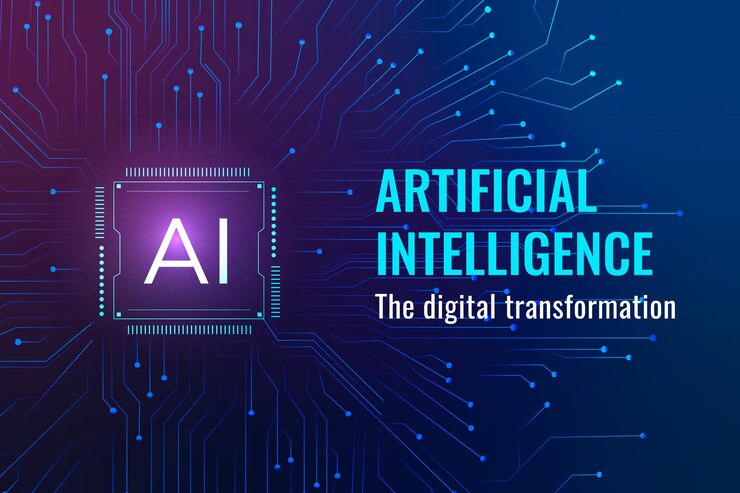Introduction
In today’s fast-paced world, businesses and organizations must navigate an ever-changing landscape. The concept of “Assumira” has gained attention for its strategic value, though the term itself is relatively new. This article explores its meaning, origins, and impact on business and technology.
What is Assumira?
The term refers to making informed assumptions that guide decisions, planning, and strategy. This approach helps businesses and individuals make educated guesses to drive progress in a world of uncertainties. The practice draws from the Latin word “assumere,” meaning “to take up” or “to assume.”
Though the term is modern, making assumptions to inform decisions has existed for centuries. Traditional decision-making often relies on historical data, which can be limiting in rapidly changing environments. A more proactive approach can bridge this gap by combining data with intuition.
Role in Business Strategy
Businesses often analyze past performance, market trends, and competition to plan for the future. However, industries characterized by rapid change and innovation require more agility. This concept allows businesses to anticipate changes and respond effectively, enabling them to adapt strategies based on informed guesses about future trends, customer behavior, and market conditions.
By anticipating shifts, companies can stay ahead of the curve and seize opportunities instead of merely reacting to changes as they occur.
Applications in Technology
The technology sector evolves quickly, with new advancements emerging regularly. Companies in this space can find it challenging to keep up. Making informed assumptions helps technology firms navigate this dynamic landscape.
For example, companies need more certainty regarding customer preferences, market demand, and competition when developing new products. By making educated guesses about which features and technologies will resonate with consumers, they can foster innovation and bring relevant products to market.
This approach also plays a significant role in artificial intelligence (AI) and machine learning, where data may be incomplete or imperfect. It allows AI systems to function effectively despite data gaps.
Impact on Organizational Development
In today’s business environment, we must adapt quickly to new challenges and opportunities. This concept promotes a culture of agility and innovation by encouraging proactive assumption-making. Rather than waiting for complete data, employees are encouraged to make educated guesses to drive decisions.
This approach empowers individuals at all levels to contribute to organizational success. It fosters ownership and accountability, as employees feel more involved in decision-making. Additionally, it helps develop leadership skills by encouraging leaders to make confident decisions even when information is incomplete.
Role in Risk Management
Risk management involves identifying and mitigating potential threats to a business. Traditionally, this focuses on minimizing exposure to known risks using historical data. However, new risks constantly emerge in today’s complex world, making traditional approaches insufficient.
Informed assumptions complement traditional risk management by allowing organizations to anticipate potential risks. For instance, in cybersecurity, where companies face sophisticated threats, this approach enables teams to anticipate vulnerabilities and possible attack vectors, even without concrete data. This proactive strategy strengthens defenses and improves response to emerging threats.
Influence on Innovation
Innovation drives progress in any industry but often involves uncertainty as it explores new ideas, technologies, and business models. Making informed assumptions plays a crucial role in guiding experimentation and exploration.
Data may be scarce in the early stages of innovation. This approach allows innovators to make educated guesses and take calculated risks. Encouraging this experimentation reduces the fear of failure, which can hinder innovation.
Challenges and Limitations
While making informed assumptions offers many benefits, it also presents challenges. One primary risk is over-reliance on incorrect or misguided assumptions. If assumptions need sound reasoning or sufficient data, they can lead to better decisions.
To mitigate this risk, organizations should continuously test and validate assumptions. This iterative approach ensures decisions rely on the best available insights. Additionally, bias can influence the assumption-making process. Assumptions often reflect individual perspectives, experiences, and beliefs, leading to skewed judgments. Organizations can address this by encouraging diverse viewpoints in the assumption-making process.
The Future of Assumira
As the world evolves, the importance of making informed assumptions will likely increase. In an era of rapid change, the ability to make educated guesses becomes more valuable. Organizations that embrace this approach will be better equipped to navigate future challenges and opportunities.
Advancements in technology, such as AI and data analytics, will likely enhance this practice. These tools can provide more accurate data, making the process more reliable. This practice may become a formalized discipline within organizations, with dedicated roles and processes to support it.
Conclusion
Making informed assumptions represents a powerful approach that can transform decision-making, strategy, and innovation. Organizations using this approach can confidently navigate uncertainty, make better decisions, and seize new opportunities. Though it presents challenges, the benefits far outweigh the risks.
As businesses continue to evolve, this practice will become increasingly integral. In business strategy, technology development, or risk management, informed assumptions will guide progress and innovation. By understanding and applying these principles, individuals, and organizations can better navigate the complexities of the modern world and achieve their goals more effectively.


